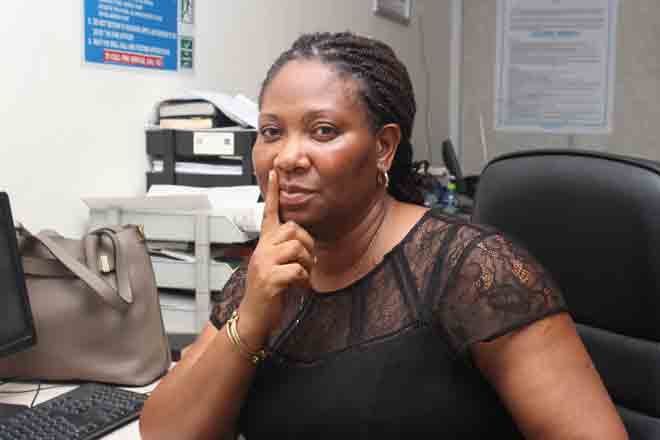
The ‘no bed’ syndrome: Adopting a smart approach
Last week, we woke up to learn of the death of one of our kinsmen through very preventable unfortunate circumstances. Mr Prince Anthony Opoku Acheampong, who was 70 years old, had fallen ill and the family had sent him to a hospital for treatment
Advertisement
To say that this is sad is an understatement! We are talking about Ghana, the black star of Africa which celebrated her 61st birthday not long ago. Such stories make those of us alive cringe because this can happen to any of us! Is this how we are going to go after we have served the motherland with all our hearts and all our strength and paid our taxes? Such stories actually make waking up at dawn to queue and vote a needless exercise, to say the least.
It also brings to the fore the type of leadership we have as a country. This is even more so when we realise that such occurrences are common, especially in the remote areas where facilities are almost non-existent.
Yet every four years, we wake up at dawn brimming with expectations to go and cast our votes but continue to be
We do not expect the president to go putting beds in hospitals but others are paid to do just that. What is even more disappointing are the loud voices which have suddenly appeared making promises about how they will change the situation.
The question is: Are they going to equip the hospitals with beds so that the 70-year-old Ghanaian will now have one? Certainly not, because as Amakye Dede said, ‘Obuo
Fortunately, his death could be a wake-up call for us to set things right. The problems in our health sector which are leading to avoidable deaths are many. They range from the lack of equipment to long waiting times at our outpatient departments (OPDs) and delays in responding to emergencies to the lack of common consumables such as gloves and appropriate sizes of catheters, resulting in health workers improvising to save lives.
They also include the unhealthy attitudes of health workers towards work, the lack of empathy that
As our population increases, our successive leaders have failed to plan effectively to take care of our numbers, resulting in the situation we are witnessing now.
But the reality is that it will be practically impossible to have sufficient beds for every patient that needs one. If we even filled the Accra Sports stadium and Black Star Square with beds, would we have the commensurate number of health workers to take care of the patients on those beds? Would we have the needed supplies to cater
I think that what we should be looking more seriously at is reducing the number of patients who need beds as a result of preventable
Therefore, in order to reduce the number of patients who need beds, we need to work on the
That was why I was very sad when it was recently announced that the government was not considering an immediate ban of plastics because it would worsen unemployment! How have others been able to do it? I thought leaders were made to find solutions to problems? Was
The appropriate authorities also need to make sure that our roads are safer. This should include measures such as ridding our roads of so-called drivers who have no idea as to how to use the road.
We need to be proactive by solving the problem from the root and stop singing this ‘no-bed’ song!



